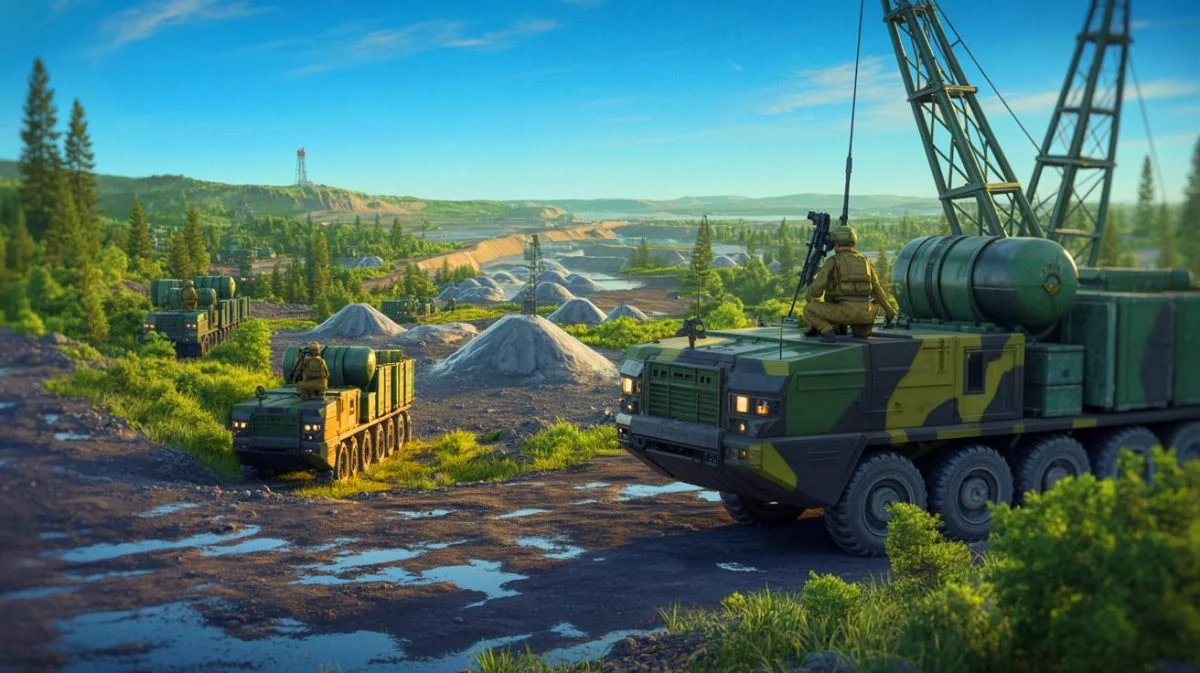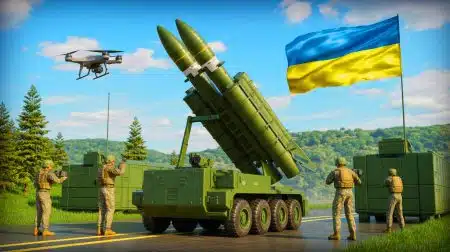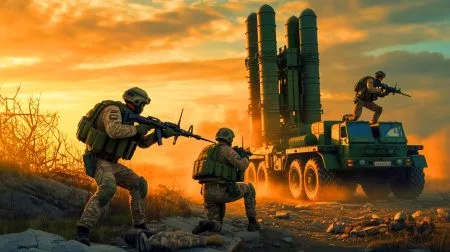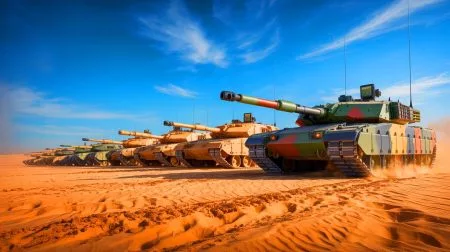| IN A NUTSHELL |
|
The recent occupation of a lithium-rich region near Schewtschenko in Ukraine’s Donetsk area by Russian forces has captured global attention. This strategic move highlights the increasing importance of natural resources in geopolitical conflicts. The area, spanning roughly 250 acres, houses one of Europe’s most significant lithium reserves. With the soaring global demand for lithium driven by the push for decarbonization and technological advancements, control over such resources is becoming ever more valuable. This article explores the impact of Russian control over this site and its influence on global mineral security and geopolitical dynamics.
Understanding the Importance of Schewtschenko’s Lithium Reserves
The lithium deposits at Schewtschenko are situated about six miles from the town of Velyka Novosilka, which was taken by Russian forces earlier this year. While the village itself may not hold significant tactical value, its mineral resources are of immense strategic importance. Often referred to as “white gold,” lithium is a critical component in the production of batteries for electric vehicles, aerospace materials, energy storage systems, and electronics.
In 2022, lithium prices soared above $88,000 per ton, underscoring its high demand and value. Although prices have since dropped to approximately $9,300 per ton in China as of June 2025, lithium remains both commercially and strategically significant. By occupying the Schewtschenko site, Russia not only acquires a valuable resource but also strengthens its grip on Ukraine’s natural assets. This occupation exemplifies a broader pattern targeting critical resources, potentially hindering Ukraine’s post-war recovery and future international investments.
« Mental Decline In Command Is A National Threat »: Experts Warn About Dementia And Depression Risks
Impact on Ukraine’s Economic Prospects
Before the invasion, the area around Schewtschenko had attracted substantial foreign interest due to its rich mineral deposits, as Ukrainian authorities sought to reduce reliance on imported raw materials. However, the Russian occupation of this site disrupts these plans and poses a significant challenge to Ukraine’s economic outlook.
Analysts suggest that this move is part of a larger Russian strategy to dominate resource corridors, thereby obstructing Ukraine’s access to domestic revenue streams. With control over key mineral extraction areas, Ukraine faces new hurdles in rebuilding its industrial base. This is particularly concerning given the growing international support for reconstruction strategies. The occupation not only affects Ukraine’s immediate economic recovery but also raises doubts about its long-term industrial stability and its ability to attract foreign investments.
A Significant Challenge for the U.S. and Allies
In May, the United States and Ukraine formally concluded a bilateral agreement to create the Reconstruction and Critical Minerals Partnership Investment Fund. This initiative, a 50/50 joint project between Washington and Kyiv, aims to channel investments into mining, oil, gas, infrastructure, and processing projects within Ukraine. The Schewtschenko lithium deposit was identified as a potential development site within this framework.
With Russia now controlling this area, the feasibility of these plans is in jeopardy. The occupation challenges the efforts of the U.S. and Europe to establish resilient, non-Chinese supply chains for battery-grade lithium and other critical minerals. As global competition intensifies, the strategic importance of mineral security for NATO and EU member states becomes paramount. Lithium, cobalt, and rare earth elements are integral to energy transitions, defense production, and economic stability, making them a central focus in international policy and security discussions.
Geopolitical and Economic Implications
By extending its presence in Donetsk and controlling the Schewtschenko lithium site, Russia enhances its ability to influence regional resource flows and broader geopolitical dynamics. This action underscores the growing role of mineral deposits in global markets and modern hybrid warfare, where economic assets are as contested as territorial boundaries.
The strategic importance of the Schewtschenko site and similar reserves cannot be overstated. As nations grapple with the challenges of energy transition and supply security, control over critical minerals is expected to shape future diplomatic and economic landscapes. As the world watches these developments, the question arises: How will the international community respond to the rising threat of resource-driven conflicts?
The unfolding situation in Ukraine raises critical questions about the future of global mineral security and geopolitical stability. The occupation of the Schewtschenko lithium reserves serves as a stark reminder of the strategic value of natural resources. As international stakeholders grapple with these challenges, it remains to be seen how resource competition will shape future alliances and global power dynamics. How will nations navigate this complex landscape to ensure both economic prosperity and geopolitical harmony?
Did you like it? 4.6/5 (28)









Wow, Russia really playing Monopoly with natural resources now! 🎲
How does this affect the global lithium market prices?
Another day, another geopolitical crisis. 😅
This is a huge blow to Ukraine’s economy. Can they recover from this?
Are there any plans for the EU to find alternative lithium sources?
Just when you thought the world couldn’t get any crazier… 😱
Is this legal under international law? 🤔
Thank you for shedding light on this critical issue!
How will this impact electric vehicle production in Europe?
It’s like the 21st-century version of spice wars! 🧂🔋